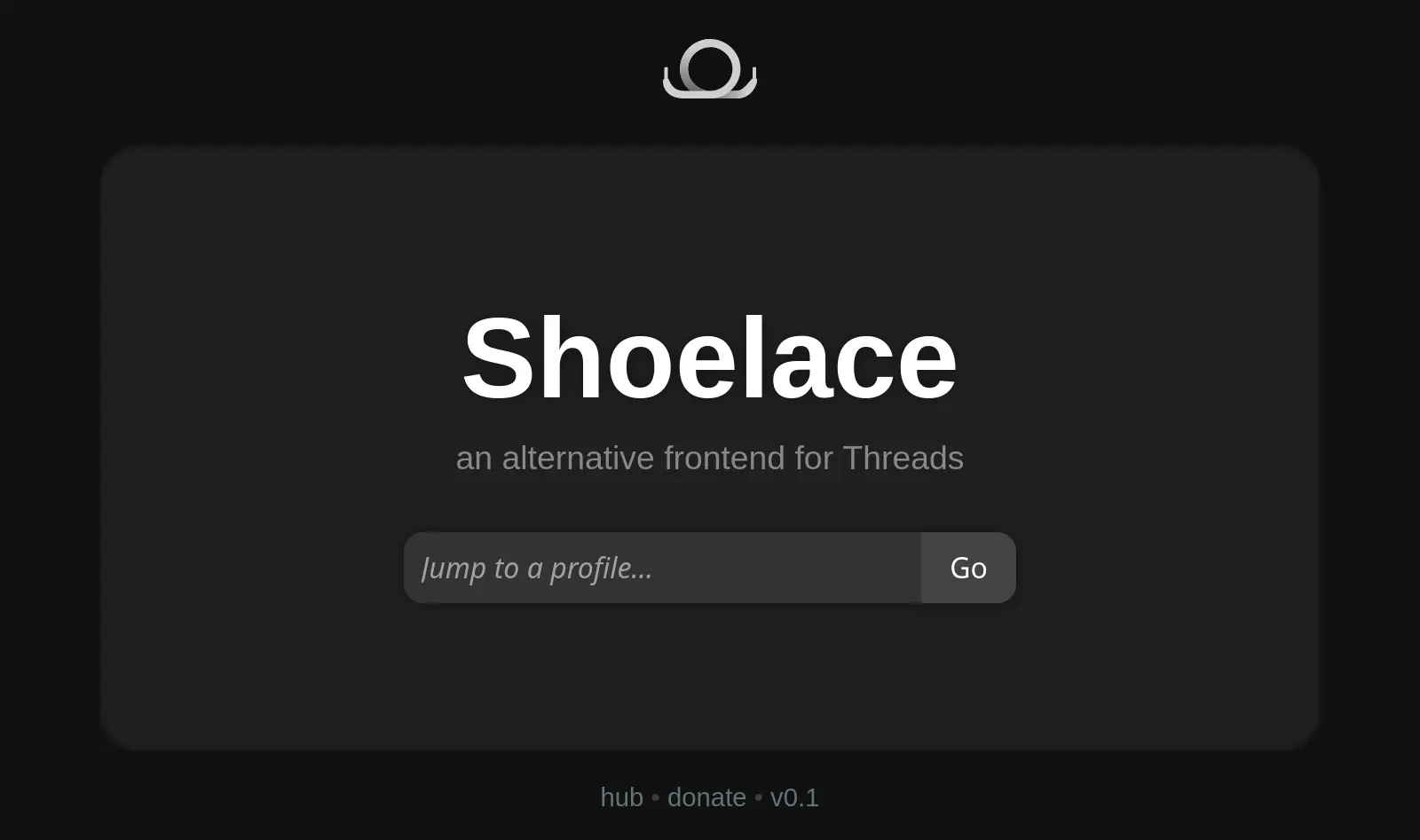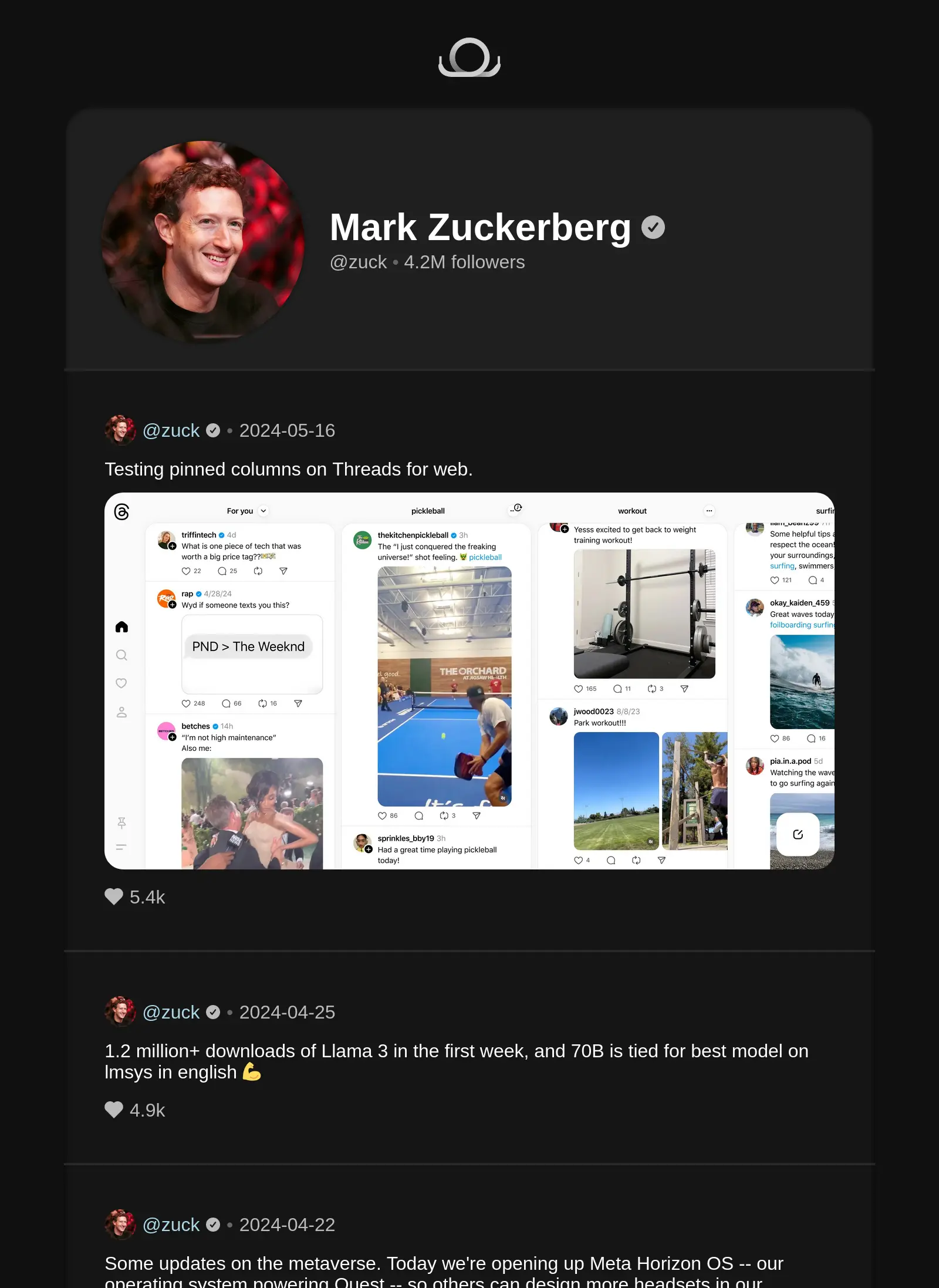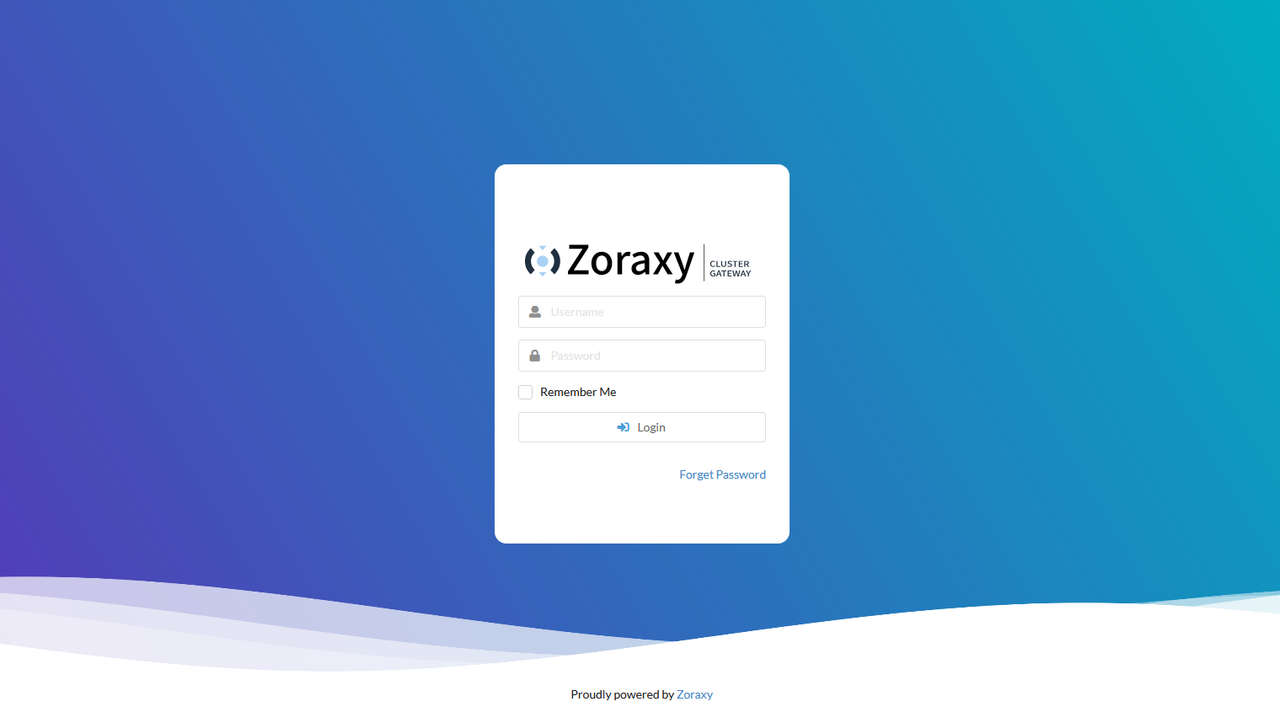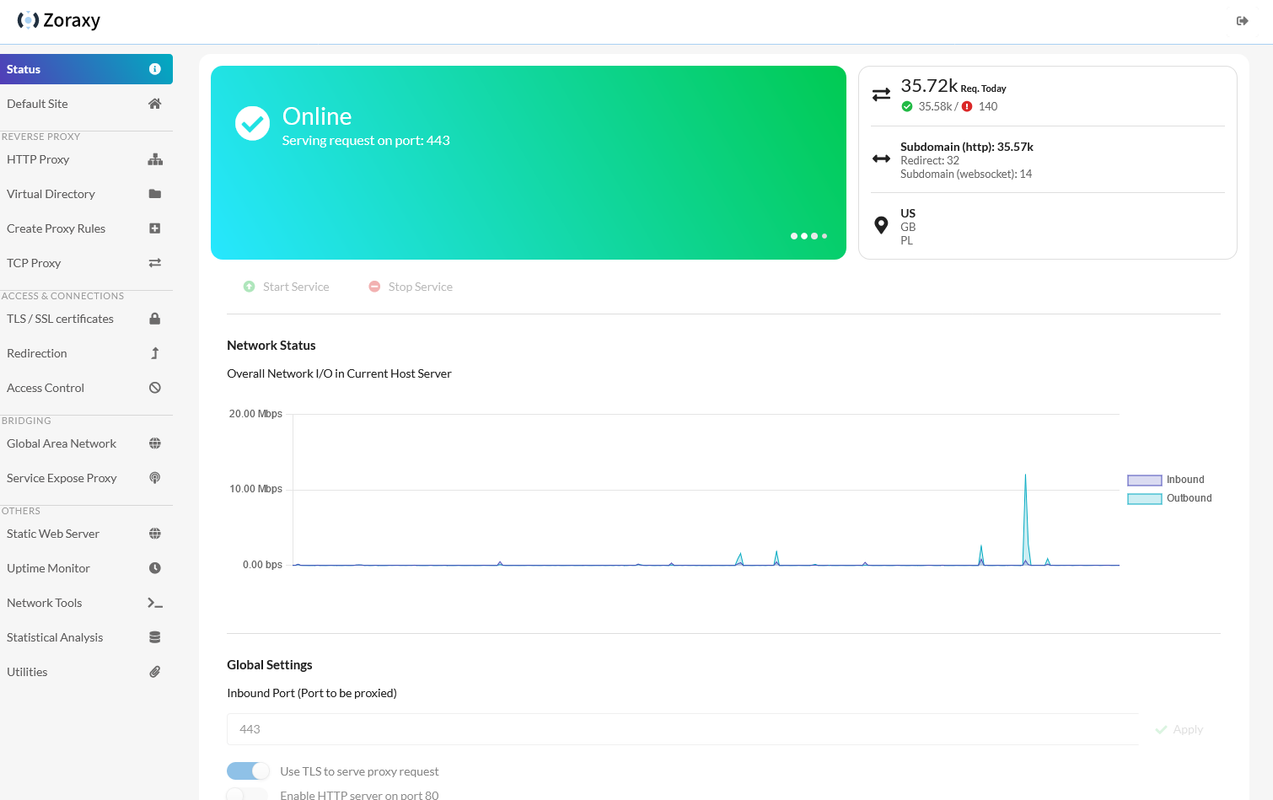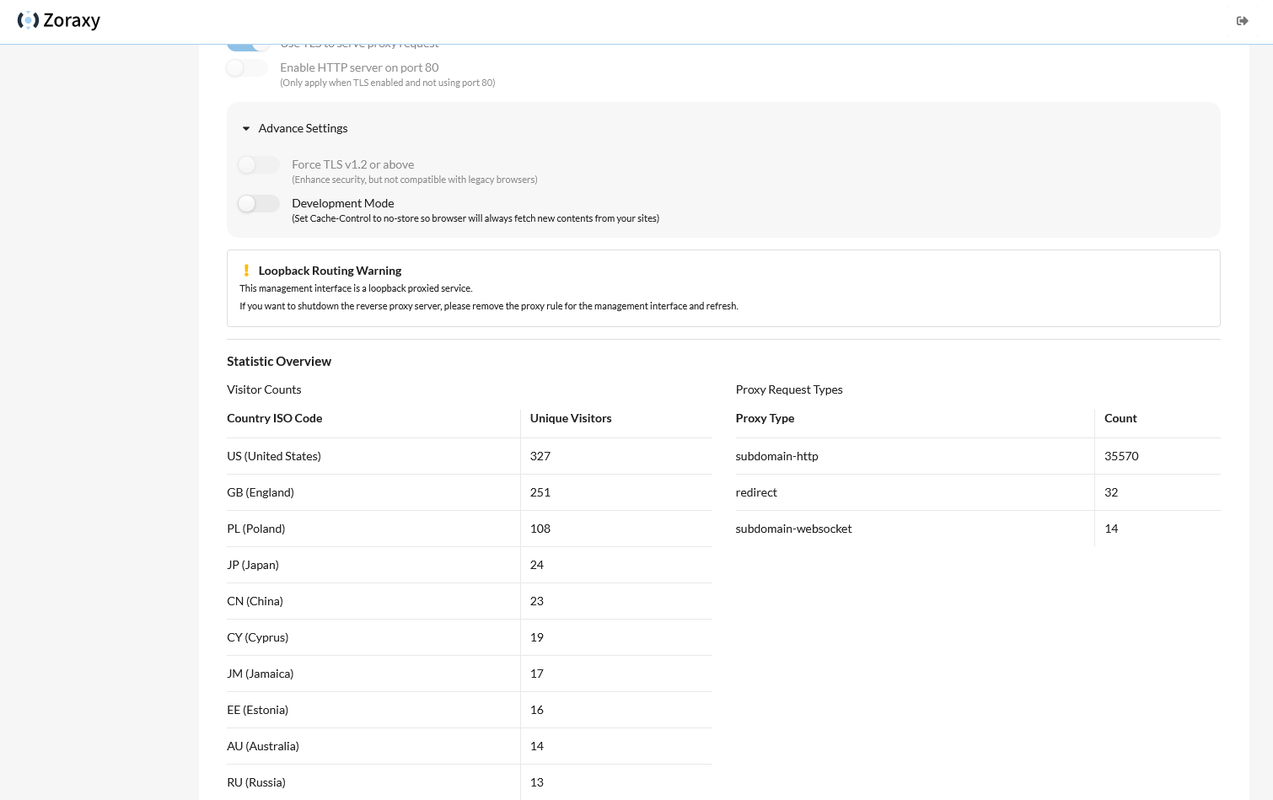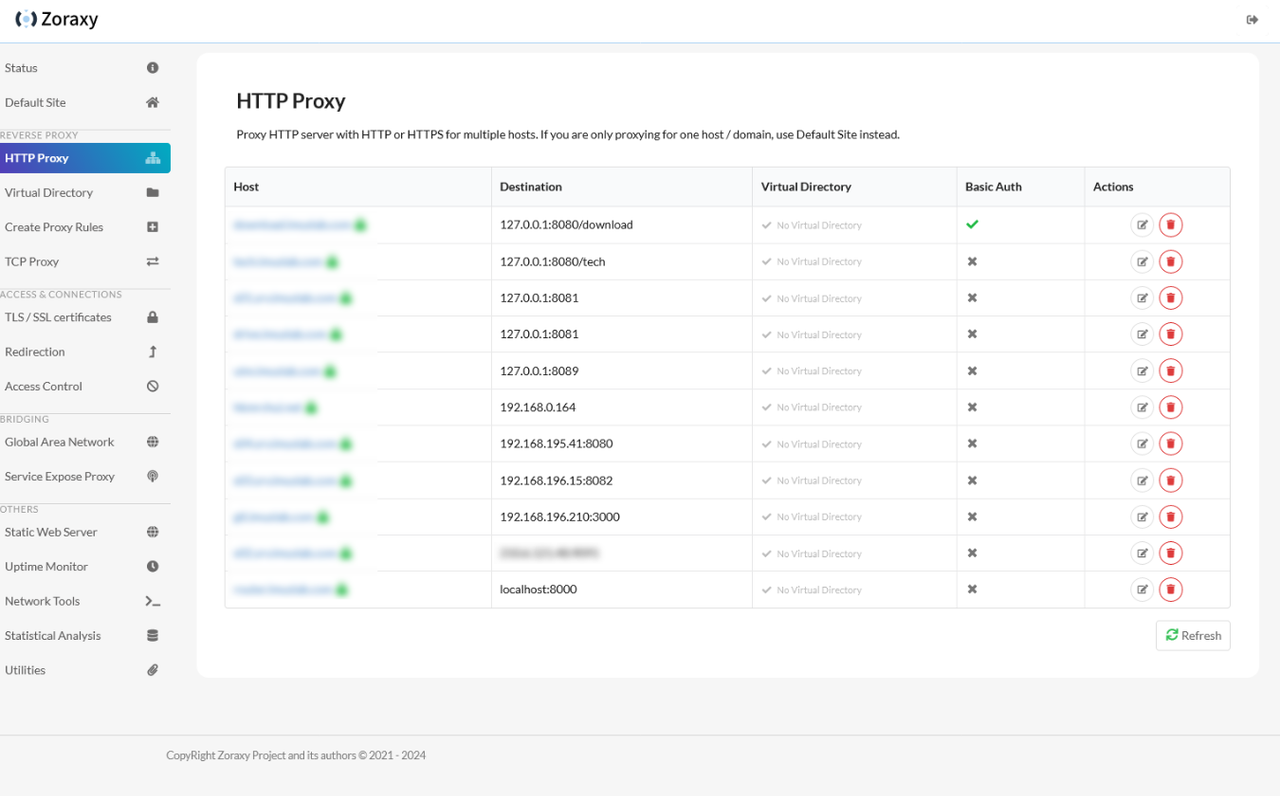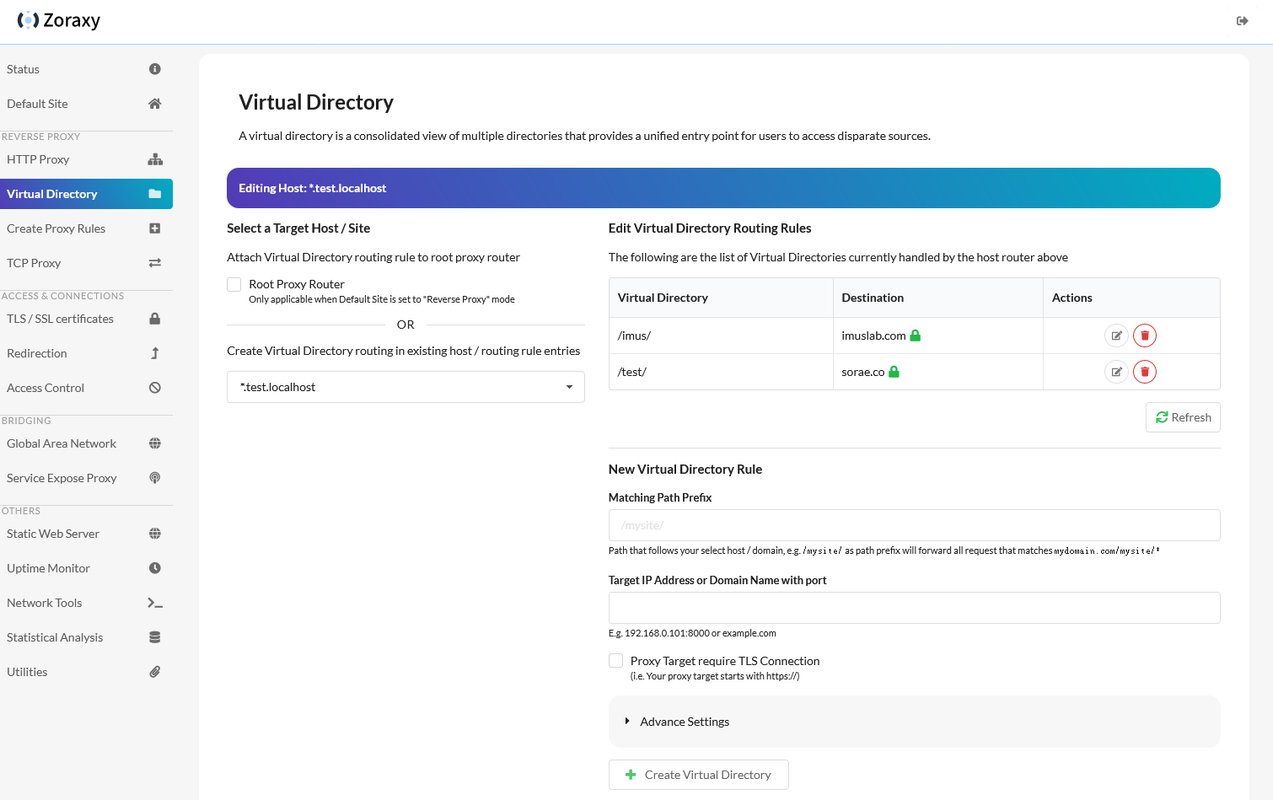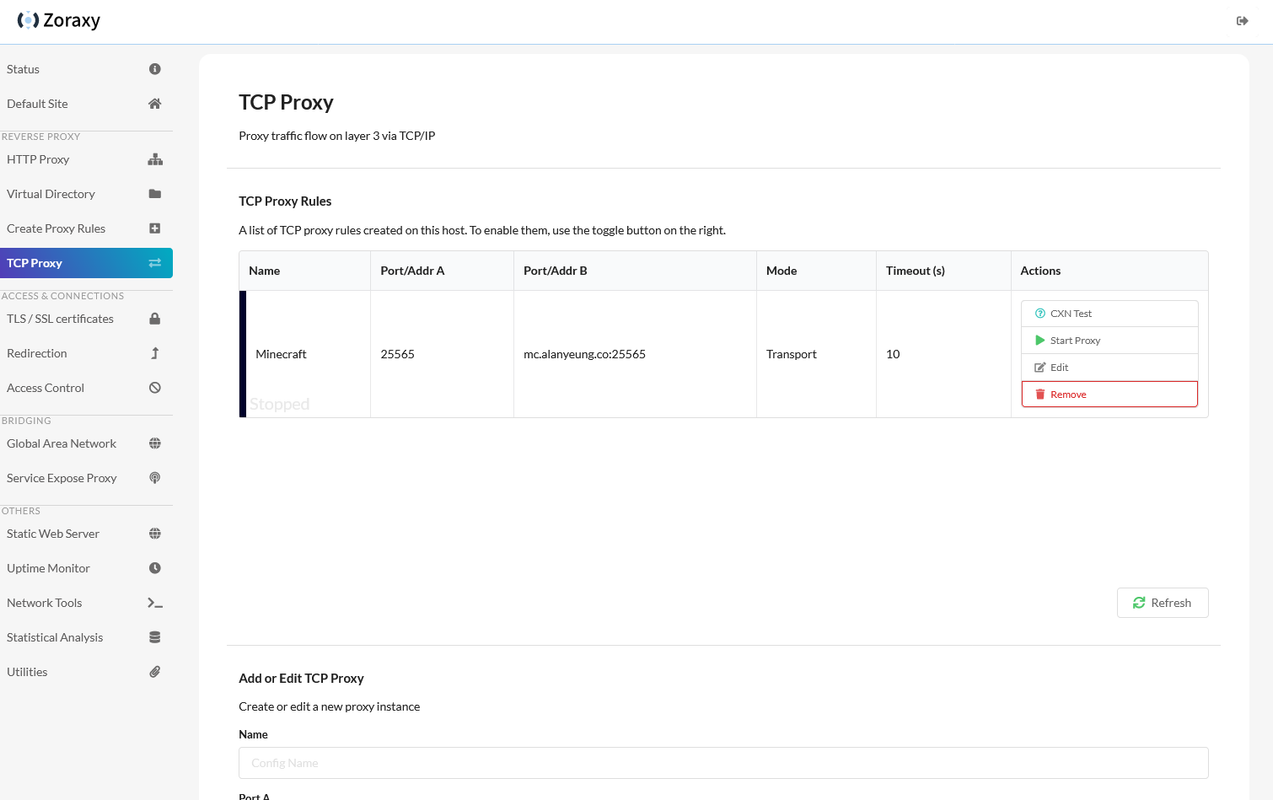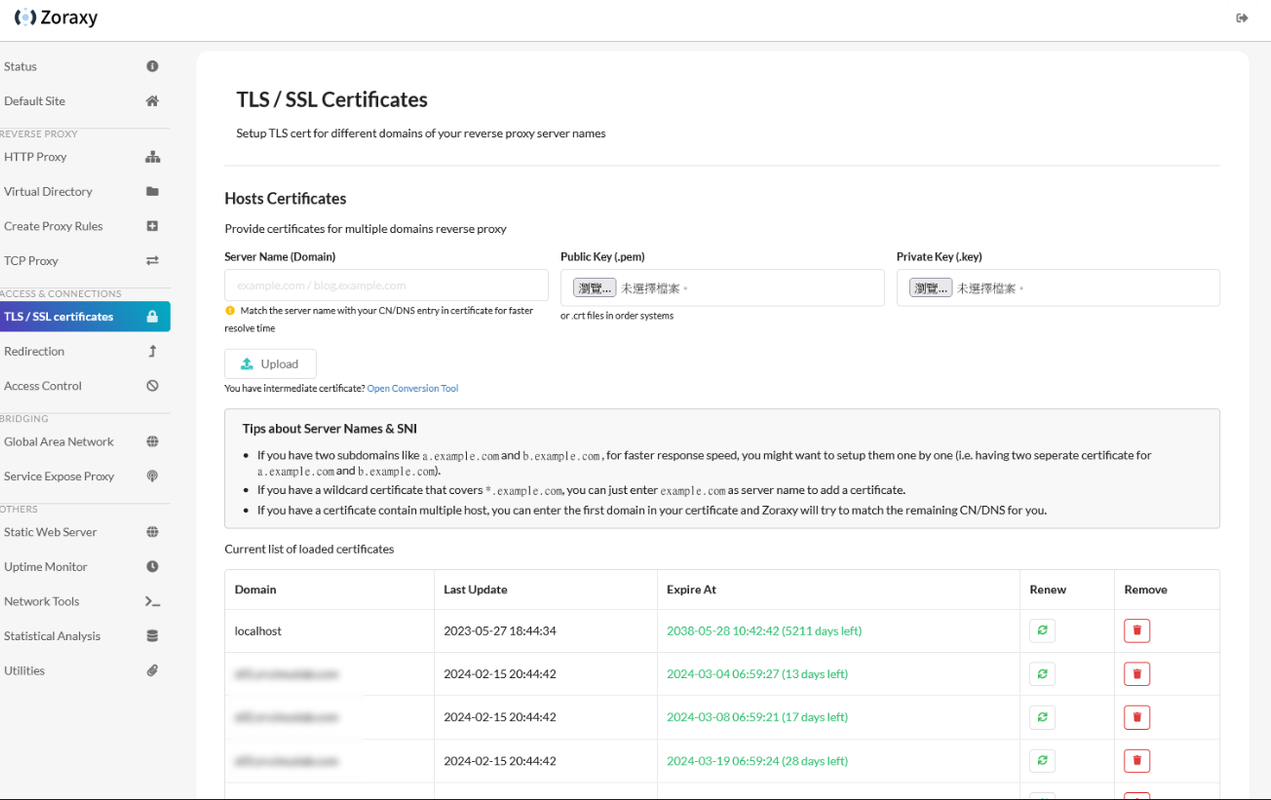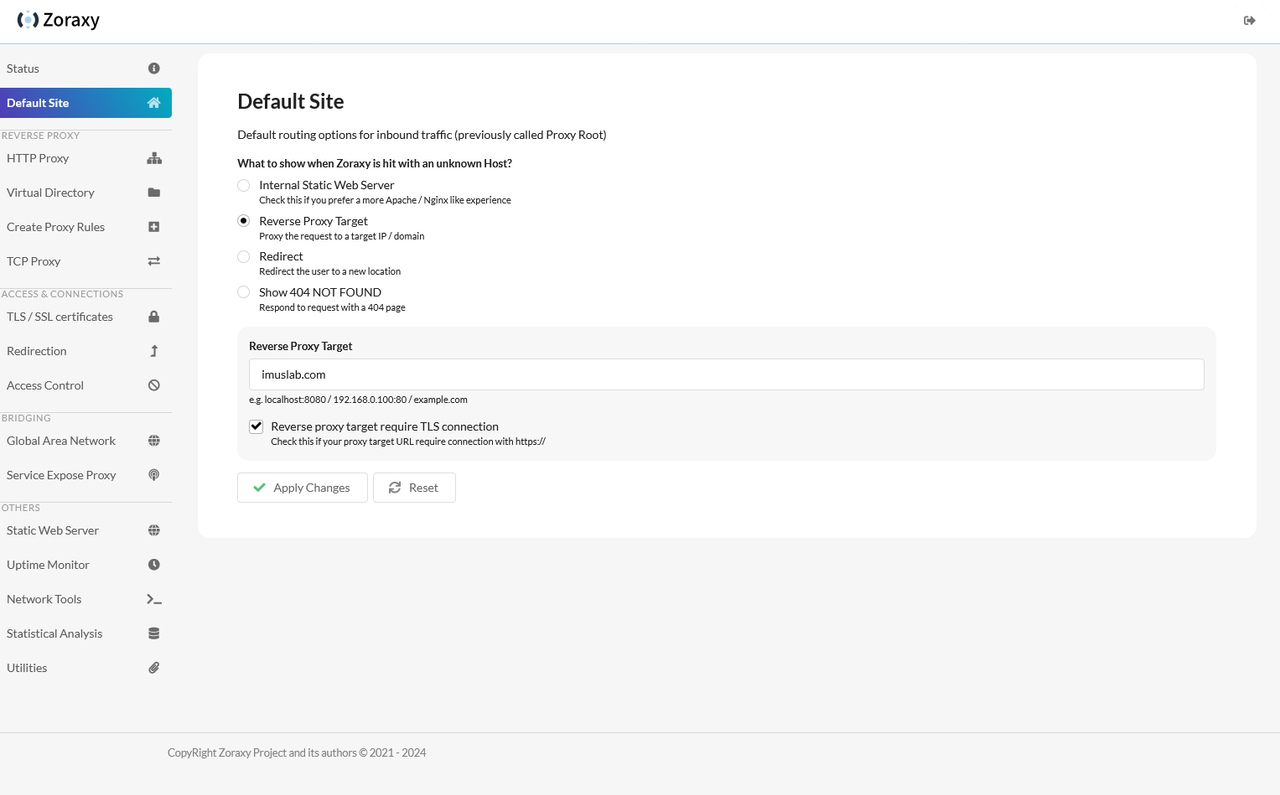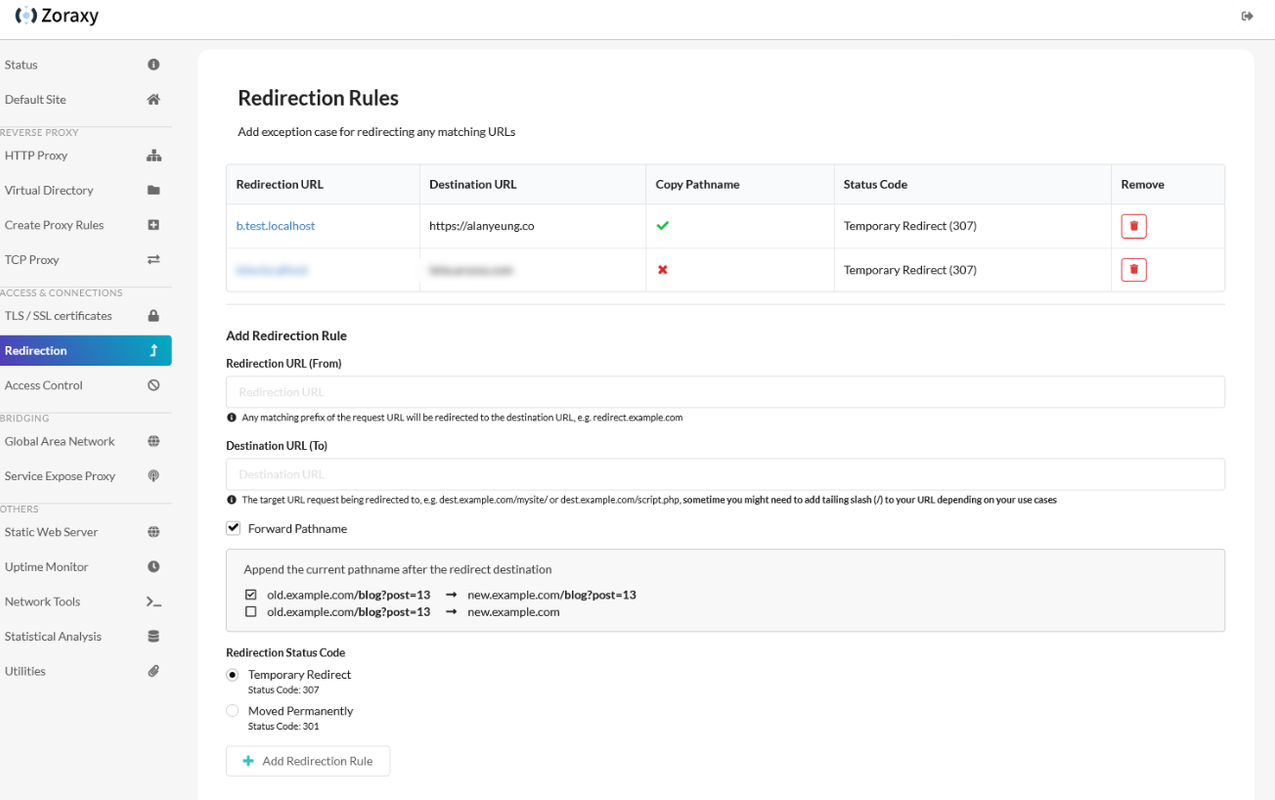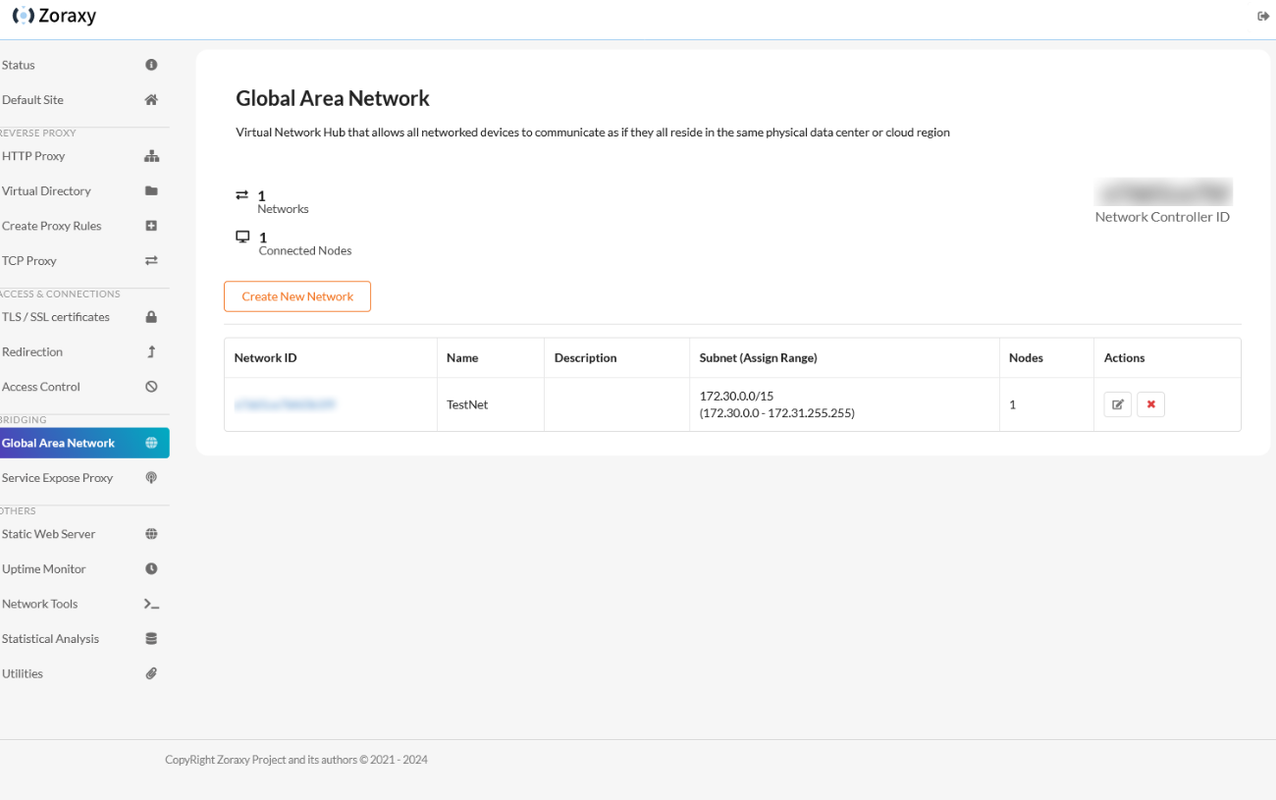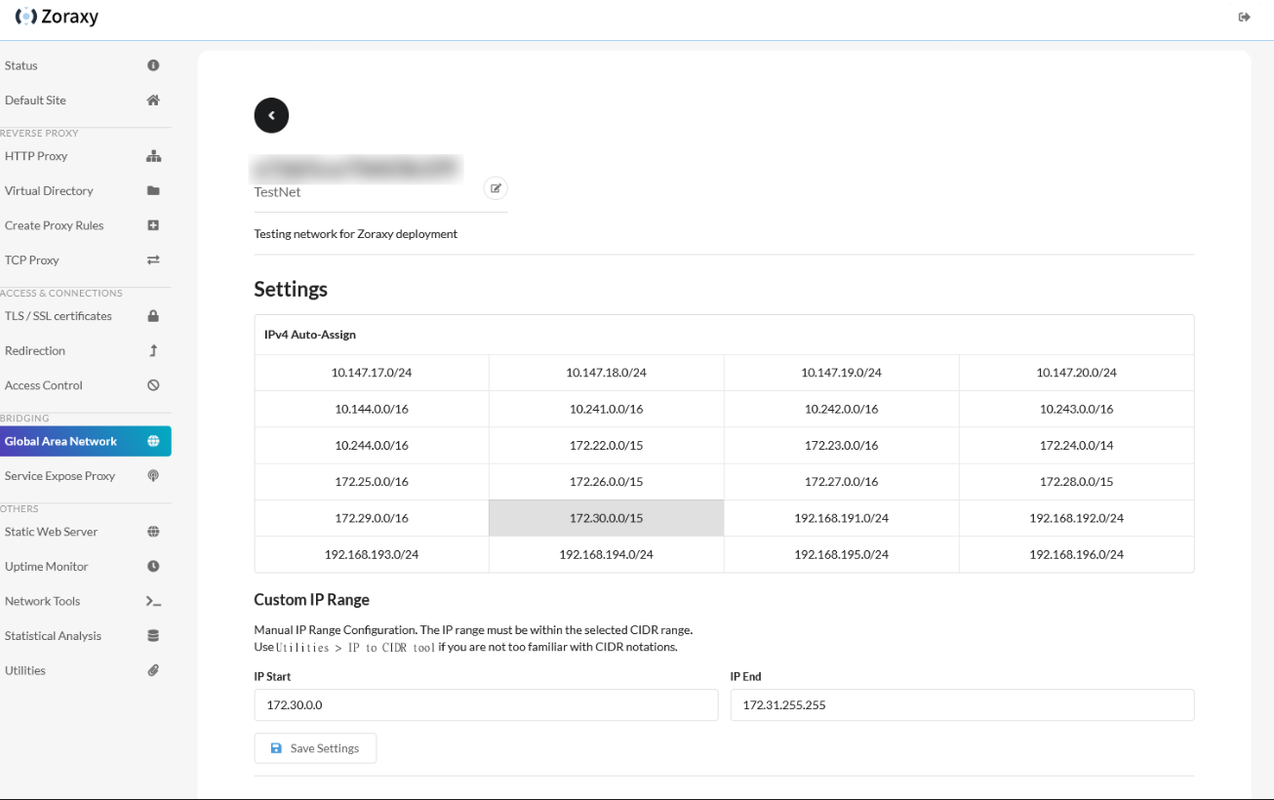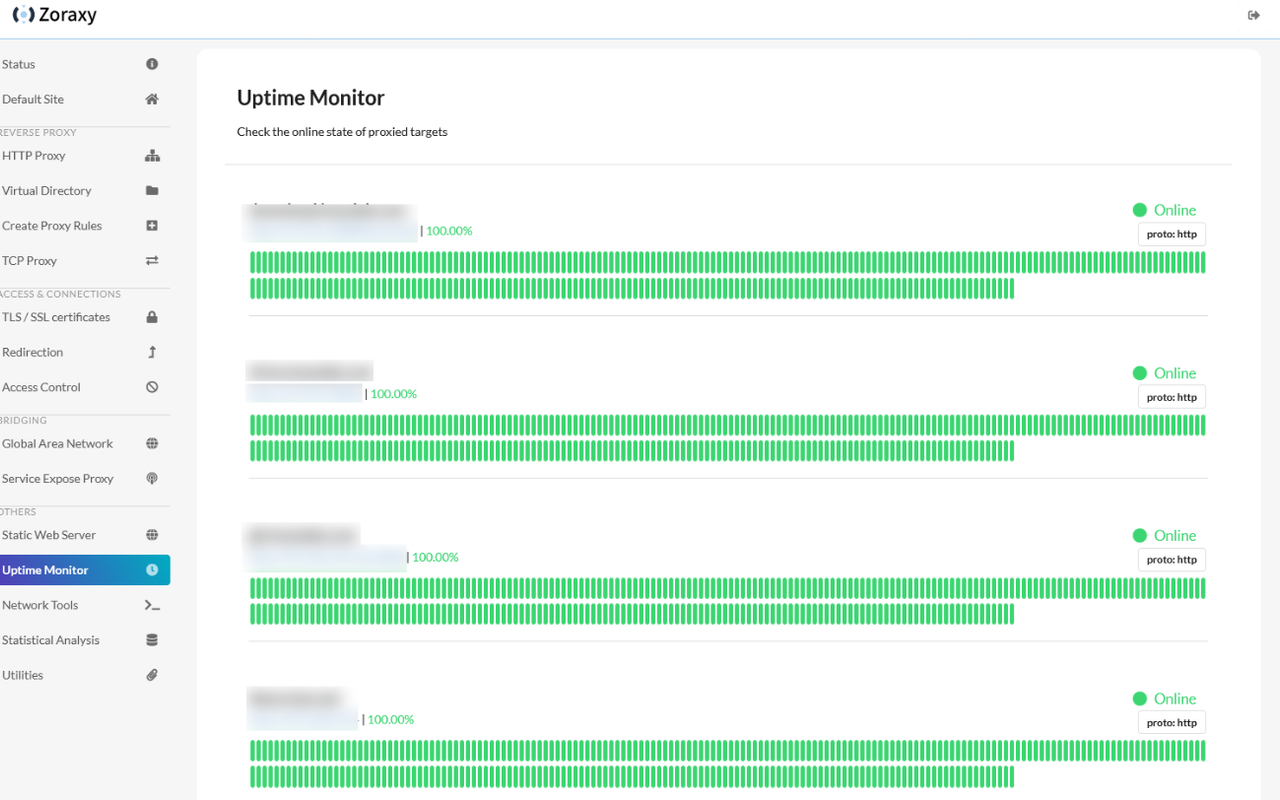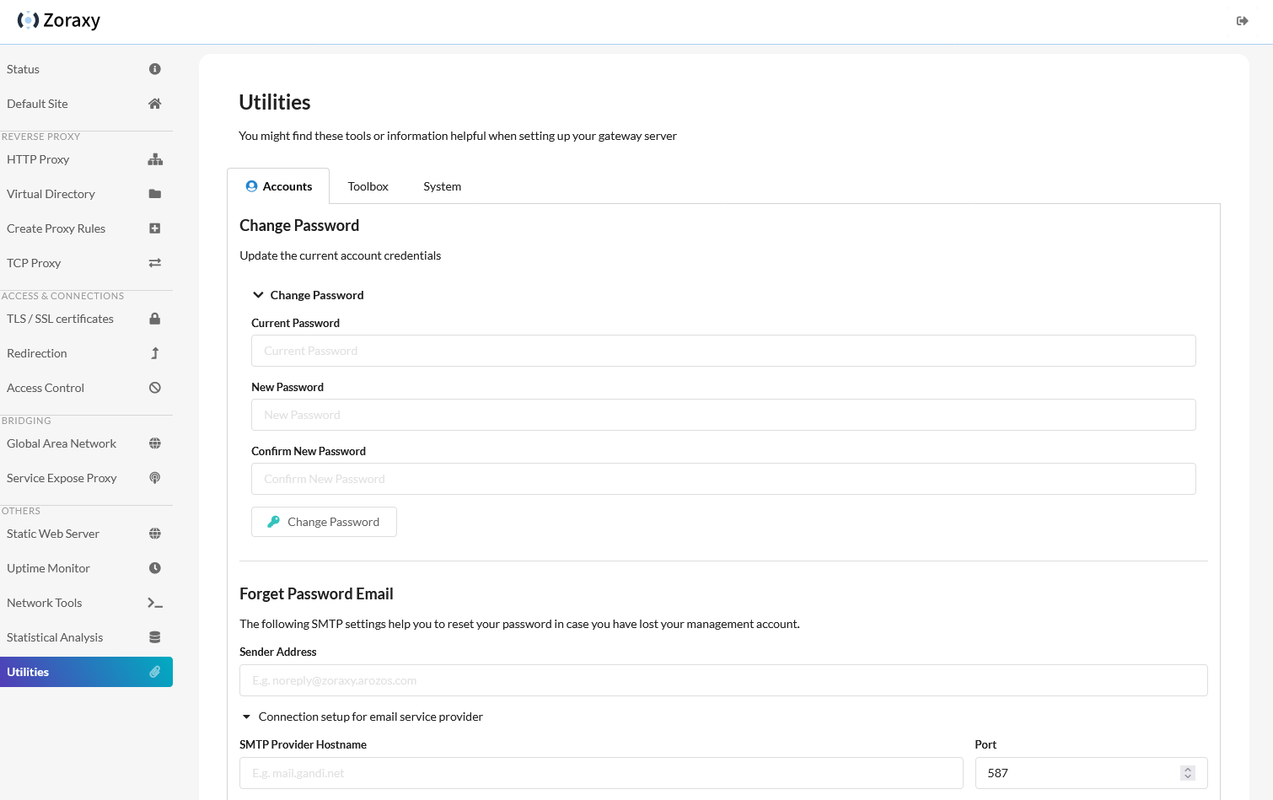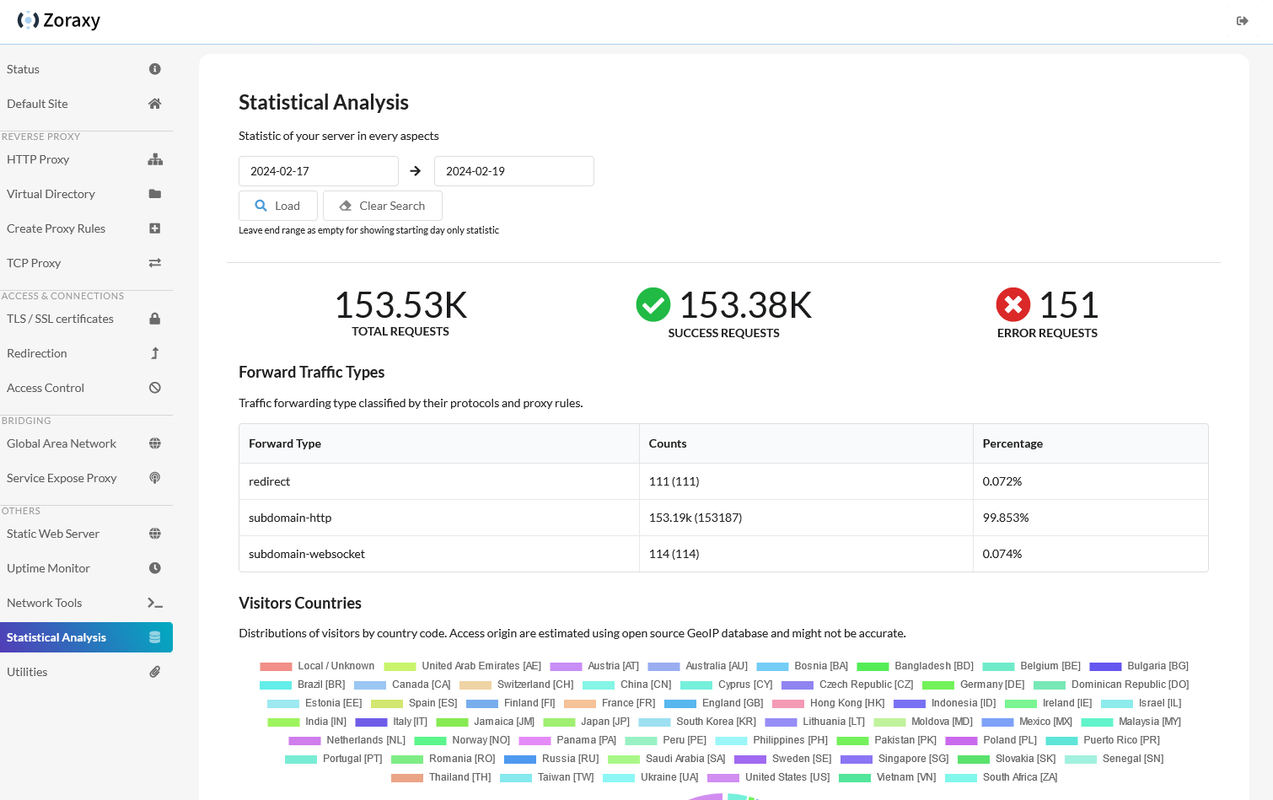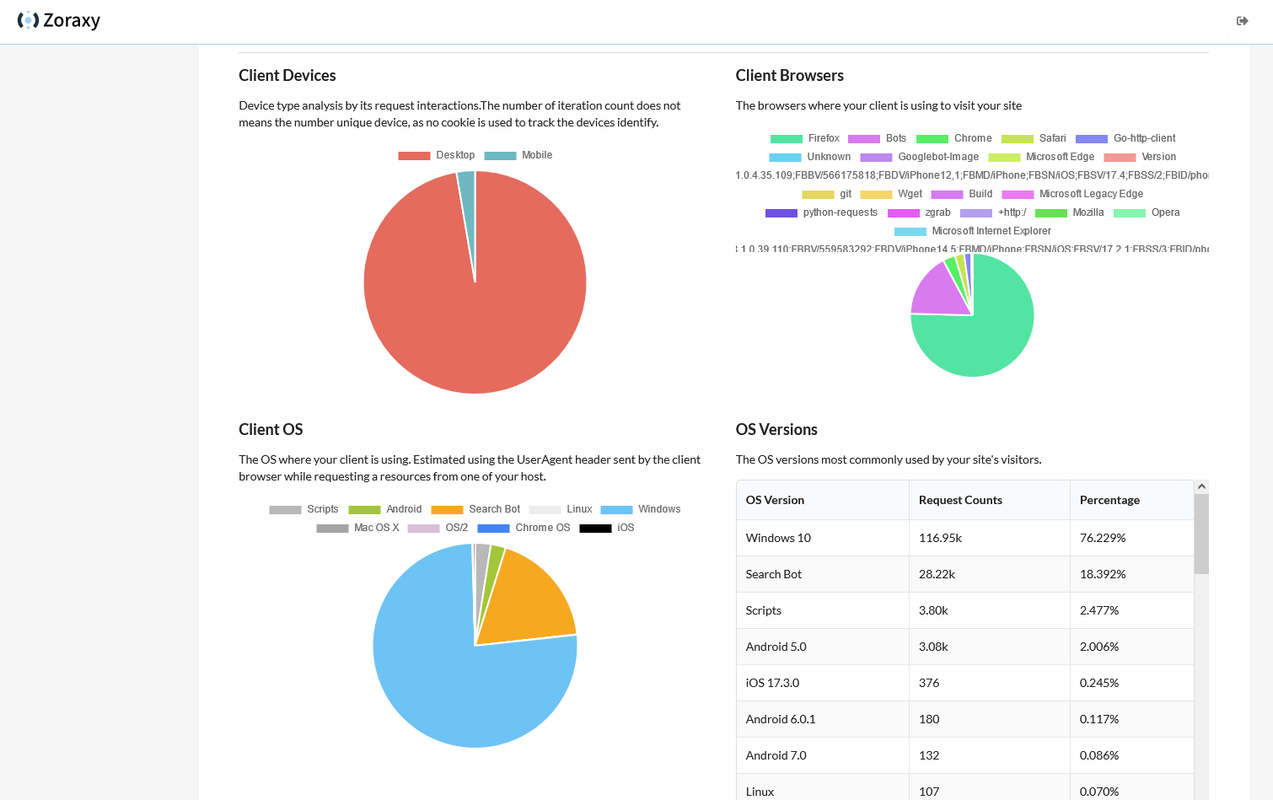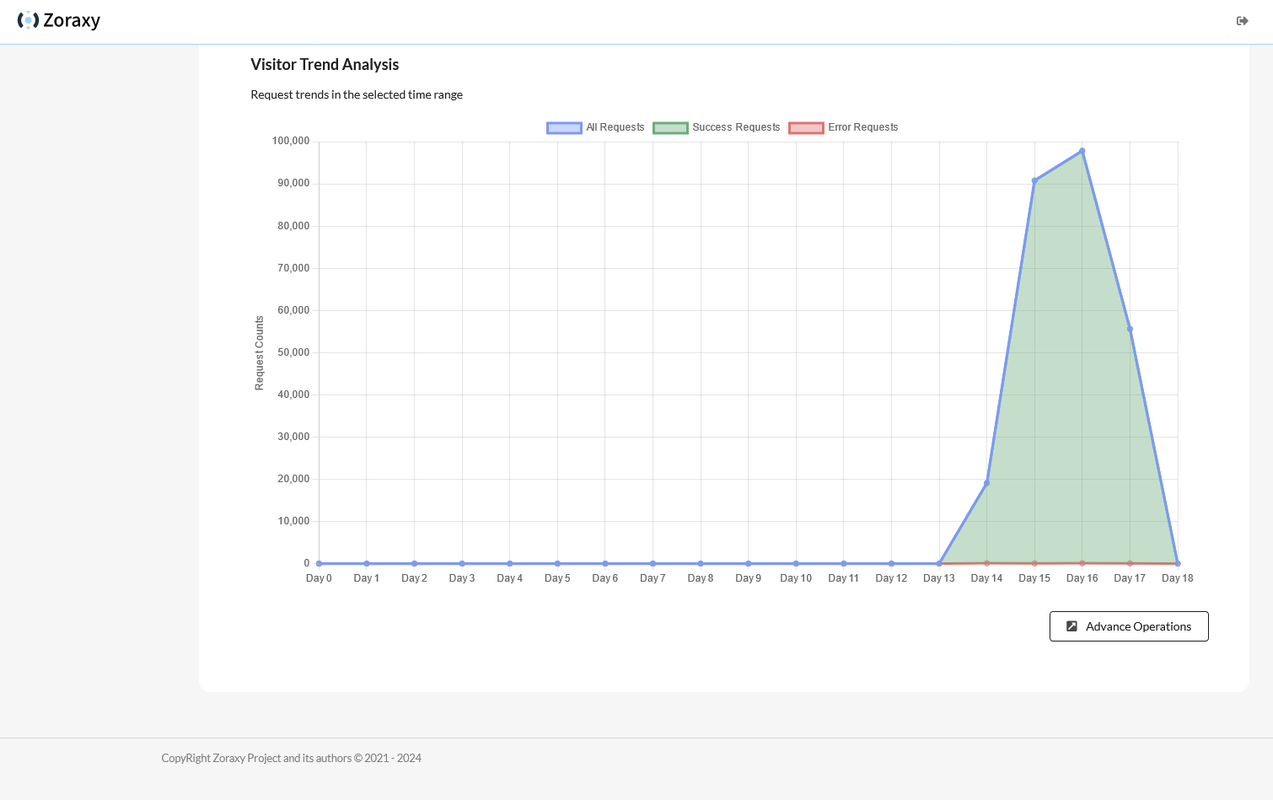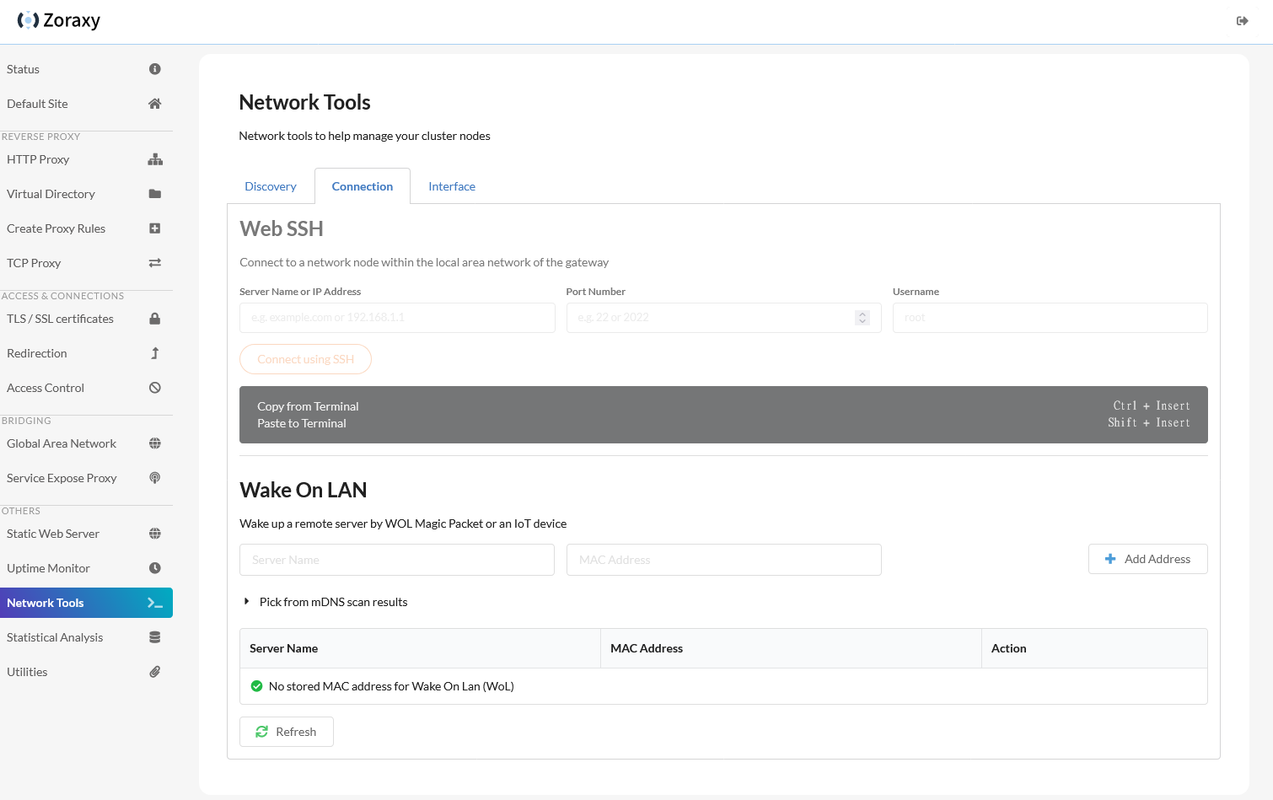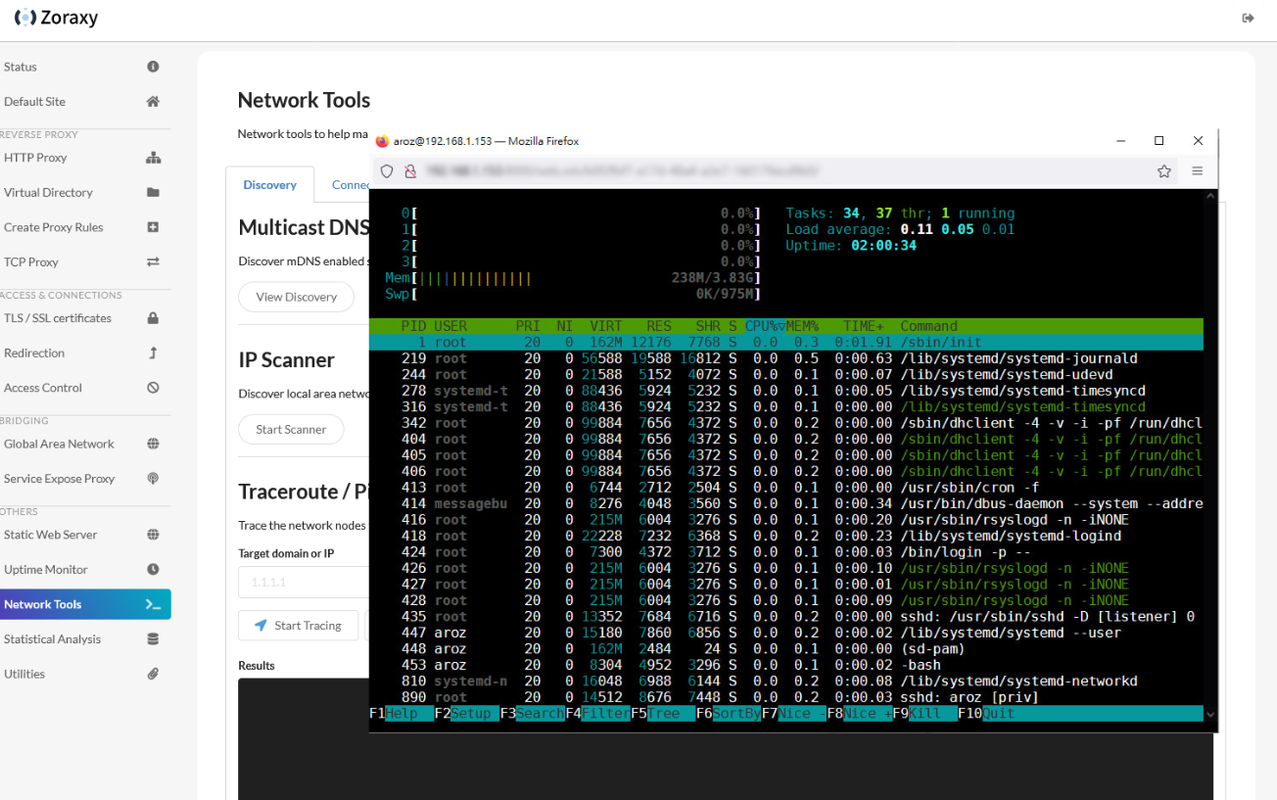Self-hosting
2782 readers
6 users here now
Hosting your own services. Preferably at home and on low-power or shared hardware.
Also check out:
founded 2 years ago
MODERATORS
26
27
28
49
Machine Learning in Linux: LibreTranslate is Self-hosted Machine Translation
(www.linuxlinks.com)
29
30
23
ODROID-H4+ kit review - Part 1: Unboxing, H4 Type 3 case assembly, and first boot
(www.cnx-software.com)
31
32
33
34
68
Raspberry Pi 5 vs Intel N100 mini PC comparison - Features, Benchmarks, and Price
(www.cnx-software.com)
35
36
37
38
39
40
41
47
ODROID-H4 - A Compact Alder Lake N-Series SBC with up to dual 2.5GbE and four SATA III ports
(www.cnx-software.com)
42
43
44
42
CWWK NAS mini-ITX motherboard features six SATA connectors, three 2.5Gbps Ethernet ports
(www.cnx-software.com)
45
46
47
48
49
50
